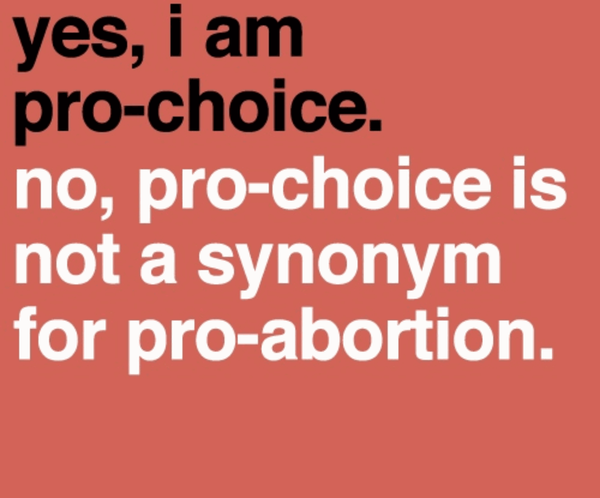The initial outbursts of the first world war can be traced back to Austria-Hungary's own double-monarch, Franz or Francis Joseph. Despite future hindsight criticism from historians and others in the 21st century, Joseph was at his and his country’s best interest to go to war. He reigned as both emperor and king respectfully of Austria and Hungary, united in a recent agreement, and struggled to regain lost favoritism from countries like Russia. He also had to deal with uprisings from antagonizing pan-slavic organizations, and was in a forward position at his age and popularity. Securing Serbia and the rest of the Balkans, peer-pressure from countries like Germany and Italy, and fortifying his his and his country’s national pride were the main driving forces in influencing Joseph to ignite a devastating cross country battle.
As a result of the industrial revolution, a middle class rose and more people became educated, and it marked a high-water time in the northern parts of Europe. As such, ideologies spread throughout the commonality; Thoughts of Nationalism, Zionism, and Imperialism defined most people’s way of life, including picturing themselves and their territories on maps. The Emperor-King felt obliged and even felt it necessary to prove his pride for his new country under the cusp of identity. Within Franz Joseph’s time as a ruler, Austria-Hungary was recently united in the “Austro-Hungarian Compromise (Ausgleich) of 1867, [.] [This] which brought about the dualistic reconstruction of the empire (Austria-Hungary), with both halves receiving their own constitutional governments and internal autonomy, and their common affairs being reduced to matters of foreign and military policy and some finances.” (1) Franz Joseph was not the man who would admonish pride for his own country, and indeed found shaky ground support in his recently united state. The fact that Joseph was 84 years old also has a role to play; The man was deeply set in his ways, naturally royal and religious, he complained when he didn’t get what he wanted. This could have been the source of his short tempered-fuse when it came to dealing with the situation involving the Balkans. At his age, a man’s pride counts for everything in the world. Nationalism played a huge part on behalf of the attacker at Sarajevo; Gavrilo Princip was a radical Serbian nationalist student, who was given weapons not-so-indirectly by Serbia’s dictator, Apis the Bull. Apis as out to make trouble for the double-monarch, Joseph’s own suspicions proved true. In a way the first world war came to represent pride on pride- perhaps the only thing they thought they had left in a rapidly industrializing setting.
Germany had recently made amends and new ties with Austria-Hungary in 1879, after fighting a quick territory war with Italy and the prior. This gave Joseph the means and confidence to annex Bosnia-Herzegovina, ultimately incurring the wrath of land-hungry Serbia and Russia. Germany’s neutrality and the ‘blank check’ given to Vienna before the Sarajevo assassination only set Austria-Hungary further on the path to war, confused as to whether their support had been full or not. For the most part, “[...] [The] Kaiser embarked on his traditional summer cruise on July 6, only a day after wholeheartedly supporting, perhaps even encouraging, the Habsburg government’s confrontation with Serbia.” (2) Confident in the Schlieffen plan’s organization, Kaiser Wilhelm the 2nd took leisure leave, sending mixed messages to Austria-Hungary. Germany’s lax attitude lured the united nation and it’s double-monarch into thinking that picking a fight with Serbia was going to be easy. Now, Franz Joseph just had to send the right guy.
The rest is history- Both Franz ferdinand and his wife were shot point-blank by Gavrilo Princip, who was only 19 at the time. Serbia, or rather Apis, who was allied with Russia, was given an ultimatum by Franz Joseph himself; Apologies and the men responsible on trial, or rapid mobilization of their troops in 48 hours. Apis, or the state of Serbia refused. He denied distributing weapons to the Black Hand, refused to collaborate and stated that, “As regards the participation in this inquiry of Austro-Hungarian agents or authorities appointed for this purpose by the Imperial and Royal Government, the Royal Government cannot accept such an arrangement, as it would be a violation of the Constitution and of the law of criminal procedure;” (2, p.39) The Ultimatum proposed by Franz Joseph and the Response by Apis the bull were both roundabout ways of belittling the other-fuel to the fire. It could be argued that the Serbians indicted war upon themselves by supporting such a bellacrosee and pugnacious leader. Joseph, by contrast, could have been the bigger person (or country, in this instance), but with his age and his position and influence, he simply didn’t have the time to step back due to constant antagonization. Any man his age would do what he had to in order to protect friends, family and home.
Franz Joseph had many compelling, valid, and quantifiable reasons to go to war. A man his age had only one thing to count for in this rapidly urbanizing world; The pride he had for his country, himself, and his people. Russian and Germany not have been stable or dependent in their country’s solidarity, but they were certainly factors in Franz Joseph’s ultimate decision. His say was perhaps the final word in before the launch into war, but he made sure that what he had to say counted.
Bibliography:
- "Francis Joseph." Encyclopedia of World Biography. . Encyclopedia.com. 14 Sep. 2017 <http://www.encyclopedia.com>.
- Williamson, Samuel R., and Russel Van Wyk. “4 Bethmann, Moltke, and German Support for Vienna.” July 1914: Soldiers, Statesmen, and the Coming of the Great War: a Brief Documentary History, Waveland Press, 2015.
- Mazis, John A.,“2017 FALL - HIST 3880 01 - Topics in the History of War - Europe in WW1 ” East Hall 6, St. Paul.Sept.-Oct. 2017. Class Lecture.



















